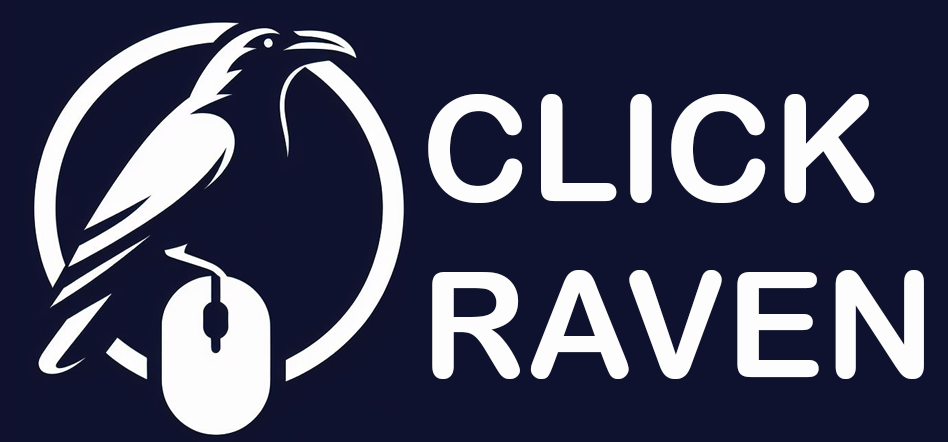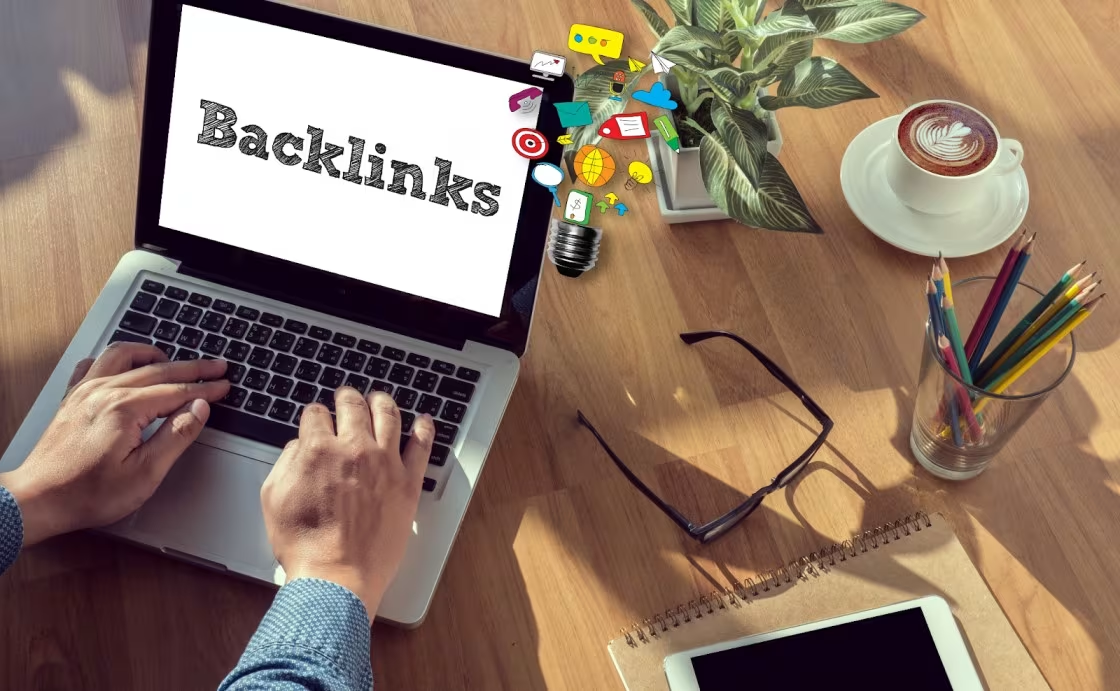Investing in backlinks involves paying for a link back to your website from another site. The primary aim is typically to enhance your site’s ranking on search engines, amplify referral traffic, spark meaningful conversations, and fortify your website’s authority.
Paid links manifest in various forms, such as niche edits, paid guest posts facilitated through blogger outreach, paid link insertions, private blog networks, and services distributing press releases. This article is designed to walk you through acquiring high-quality backlinks, address prevalent safety concerns associated with purchasing links, and offer valuable tips for making sound decisions when buying backlinks.
Is It Safe to Buy Backlinks?
Even though buying backlinks is considered a black hat activity, it is an entirely safe and effective SEO practice. However, purchasing the backlinks from an SEO agency that follows industry best practices is necessary.
In addition, it can be unsafe to purchase low-quality links from PBN link sellers with footprint issues who need help understanding how to build links for SEO and from link agents selling link spam to client sites from their networks.
Paid Link Building vs. Natural Link Building
– Natural Link Building
These are backlinks created naturally without the site owner having to buy and generate them either through guest posting or other link-building practices. In simple terms, natural links occur when other web admins, bloggers, or site owners link to your content because they think it is helpful for their audiences and adds value to their sites.
This is the type of link-building that Google wants all site owners to engage in. When you provide high-quality content, you will get your name out there, and sites will link naturally to your business. With natural links, you can be assured that your content is good and that your rankings and traffic will not be affected by a Google algorithmic change.
The main problem with this type of linking is that it rarely happens if you are not already well-established. Therefore, when first growing your business, you may need to invest in paid link-building to maximize your visibility.
– Paid Link Building
On the other hand, paid linking occurs when a site pays another site to place your link in its content. While outsourcing link building is a core component of SEO, search engines prohibit paying for links, which can result in penalties. However, if it’s done strategically, it can be effective.
The thing is, Google can’t tell the difference between a paid and a natural link as long as you produce high-quality content. So, if you’re starting a business, you may find this practice helpful and necessary to get into the visible radar. In addition, it can kick-start your SEO strategy, even if it is just a few links.
How to Buy Quality Backlinks
1. Identify How Many Backlinks You Need
The first important thing you need to do while buying backlinks is to identify the number of backlinks you need to rank before targeting a keyword. To do this, you must determine which pages to build backlinks to and calculate the gap between you and your competitors.
You can use SEO tools like Ahrefs Keyword Explorer to estimate how big your link-building budget may need to be.
2. Perform a Link Gap Analysis
You need to know more than just the number of link root domains you need; you will need to see the number of authority sites you need. To do this, you need to perform a link gap analysis. This identifies sites and pages linking to your competitor’s sites.
To do this, you must examine at least five of your competitor’s link profiles and enter the number of links at each Domain Rating (DR) level. This will help you pinpoint the strength of backlinks you need from guest posts, niche edits, etc.
To compare your domain’s link profile against your competitors, you could use SEO comparison tools to make the process easier. If there is a gap, you need more site backlinks.
3. Map Out Your Anchor Text
Remember anchor text optimization. If you get it wrong, you will not rank, or Google could penalize you. So, it is best to avoid repeating the exact anchor text. The best approach to do this is via anchor text cycling.
This means using your best anchor text on your best link opportunities, then cycling through variations and seeing how the page performs.
4. Establish Your Drip Dates
Some people prefer to buy quality links in batches, which is usually a huge mistake. It’s better to purchase backlinks frequently than bulk to make them more natural. That’s why you must assign a date for when the placement should be bought. It’s best if you kept it more random. The beauty of organized or scheduled paid links is that you can repeat the process based on the performance.
5. Buy Quality Backlinks
With a content plan in place, you can now purchase quality backlinks and rank on page 1. Then, follow your link gap analysis, stick to the plan, and watch the performance. Also, you must pay attention to your existing backlinks.
How Much Does It Cost to Buy Quality Backlinks?
Usually, the cost of buying backlinks will vary from one site to the other. On average, robust and quality backlinks cost generally $900-$1500 per link. Nevertheless, the cost depends on the strategies and tactics you are using. It’s important to note that you can get other backlinks from high-authority domains that cost large sums of money; however, they are usually challenging.
That said, you need to be very careful about who is selling the links since shady agents will give you backlinks they have purchased from PBNs, brokers, webmasters, and forums. Such links will mostly put your site at risk. That’s why you must consider buying backlinks built through manual outreach.
Factors Affecting the Cost of Buying Quality Backlinks
1. Type of Website
The price can vary depending on the status or type of website you want agencies to reach out to. Most site owners wish to link from sites with high organic traffic. Nevertheless, outreach to such sites takes a lot of effort, and the link price will be higher. Most of the time, such links are earned, and your money is spent on the grind put in by the outreach team to build a connection with the site owner.
On the other hand, if you want short-listed links from sites based on SEO metrics, the pricing varies based on the authority metric you pick.
2. Content
The type of content on your site is most likely to affect the cost of backlinks. High-traffic driving websites are picky when it comes to the quality of content. Mostly, they look for content created by experts. Therefore, the cost will be lower if you have high-quality content.
3. Brand Strength
Your brand strength matters regarding link building or link buying. This is because other brands will notice you quickly, and you will likely get a response when you reach out to them. Your emails will be answered faster, resulting in quick offers from the valuable partners on your list.
4. Creative Control
Your brand’s level of creative control affects the link-buying process. This means that your brand’s integrity must be on a desirable level. As the list of standards for acceptable websites increases, which happens when brands know they are at the top of their game, you must ensure that your brand’s integrity is always protected.
5. Industry or Niche
Niche is another factor affecting the cost of buying backlinks. While some industries will draw a lot of site traffic from websites wishing to purchase quality backlinks, operating with some brands is tricky and expensive because they already have many offers. An excellent example of this is the finance industry.
Tips for Buying Quality Backlinks:
- Check the Link Quality: Good SEO agents provide multiple options, meaning you can decide the link quality from different packages. We recommended opting for links from high-authority sites for quicker results.
- Avoid Site-wide Links: You should avoid placing backlinks in areas less likely to be noticed, such as the footer, sidebar, and navigation. Good SEO agents will ensure that your link secures a contextual place in the main content of high DA sites.
- Never Choose Red-Flag Sites to Build Links: Avoid using sites that have previously been penalized, feature low-quality content, or rely heavily on ads. This is because Google is likely to watch these websites with suspension, which means earning links from such sites may lead to looking at your site the same way. Instead, opt for niche-specific and high-authority sites to help build your authority.
Frequently Asked Questions on Buying Quality Backlinks
1. Are paid backlinks worth it?
Paying for backlinks can be worthwhile, provided you don’t get caught. In addition, backlinks help establish a website’s reputation and relevance in Google’s eyes.
However, paying for direct backlinks from shady sites is never worth it. You can improve your website’s rankings without backlinks, traffic, and revenue.
2. How can I get backlinks without paying?
Building linkable content is the most effective way to get free backlinks without having to pay or struggle to look for other sites to link your content. Other sites will link to them if you find prevalent informational subjects and create high-quality content. Some links will occur naturally, and others may be achieved through outreach.
Image Source: 30degreesnorth.com

